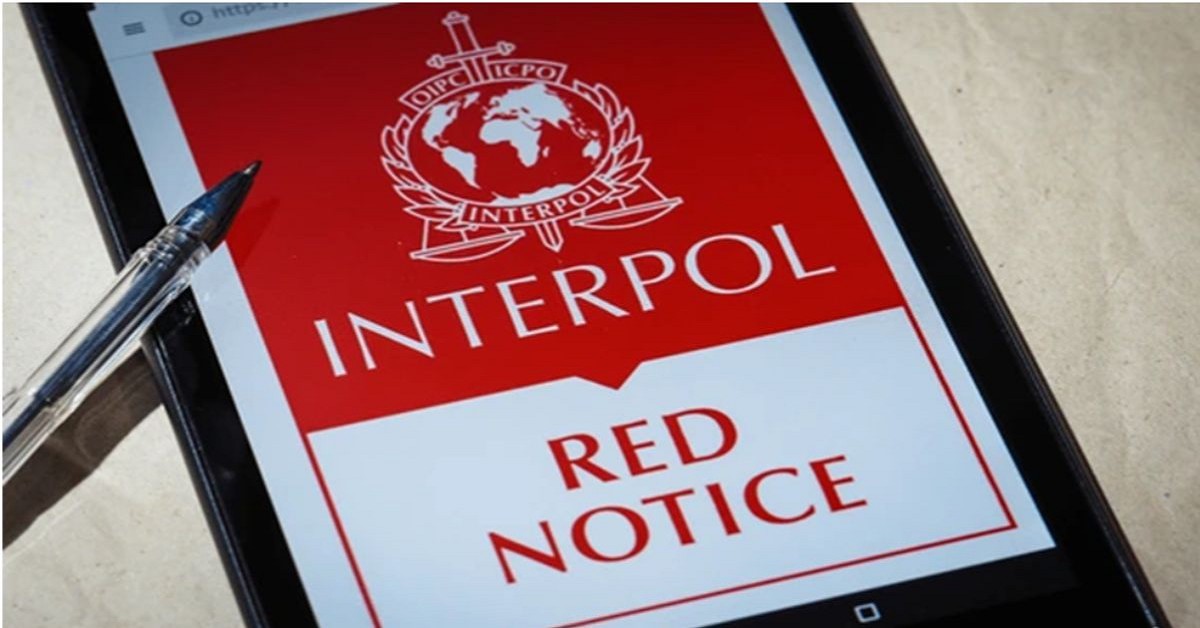Interpol is often associated with tracking down dangerous criminals hiding abroad. One of Interpol's main tools is the red notice, an international notice to inform law enforcement agencies in other countries of persons wanted in a member country. However, the fact that there is such a notice does not always mean that a person is guilty. If an Interpol red notice has been filed against you, it is recommended that you explore your rights and defense options. Let's take a look at the rights you have in defending against a red notice and what you can do to challenge it.

Understanding Interpol Red Notice and Its Implications
An Interpol Red Notice is an international search form designed to alert law enforcement to a person suspected of or already charged with a crime. A Red Notice is not an arrest warrant. Each country that receives this notice decides for itself whether or not to comply with it. Some countries may automatically comply, while others may start their own checks.
However, a red notice can seriously affect a person's ability to move freely and organize his or her life. In particular, a red notice can lead to border crossing delays or employment complications. These legal implications emphasize the need to be aware of your rights and how to protect yourself if you are the subject of a red notice. If you are facing red notice issues, we recommend seeking Interpol red notice defense.
Your Right to Legal Representation
One of the most important rights of a person under red notice is the right to legal representation. In this case, it is advisable to contact lawyers specializing in international law and extradition issues. These attorneys have experience with the legal systems of different countries and Interpol. He or she can provide advice on your rights and defense strategy, and help minimize the risks associated with potential extradition.
Lawyers can also assist in negotiations with the authorities of the country where you are located and participate in extradition proceedings. In addition, your lawyer can prepare a substantiated application to the Interpol Commission for Control of Files (CCF). This is necessary to challenge the legitimacy of the notice if it violates human rights principles or international norms.
The Right to Challenge the Validity of the Red Notice
One of the responsible and difficult steps in defending against a red notice is the ability to challenge its validity. Interpol does not independently investigate allegations and relies on information provided by member states. This can lead to abuse when notices are used for political purposes or to prosecute dissidents.
To challenge a notification you can make a formal application to the CCF. This is an independent body of Interpol responsible for protecting human rights and upholding legal standards. In your application you will need to provide arguments as to why the notification is unlawful or unfounded. For example, this could be evidence that the case against you is politically motivated or violates human rights principles. If the CCF is successful, it may recommend that Interpol remove the notice from its files.
Interpol red notice removal is a complex legal procedure. Contacting a qualified lawyer will increase the chance of a successful solution to your problem. He will provide all the necessary assistance, from consultation to trial.
Your Rights During Extradition Proceedings
If a Red Notice results in extradition proceedings, it is important to understand your rights at this stage. Extradition is a procedure whereby one country hands over a suspect to another country for trial or to serve a sentence. However, extradition can be challenged, particularly if there are grounds to doubt the fairness of the judicial system of the country requesting extradition.
During the extradition process, you have the right to defend yourself, present evidence, and challenge extradition on human rights grounds. For example, if you can prove that you would be subject to an unfair trial or fundamental rights violations in the country seeking your extradition, the court in the country where you are may refuse extradition. Depending on the country where you are, the judiciary may also consider the risk of torture or other forms of ill-treatment if you are extradited.
The Role of the Commission for the Control of Interpol’s Files (CCF)
The Commission for the Control of INTERPOL’s Files (CCF) is an independent body created to ensure data protection and human rights protection in INTERPOL’s processes. The CCF plays a key role for those seeking to challenge a Red Notice. The CCF hears applications from individuals seeking to have a Red Notice overturned or removed from the INTERPOL system on the grounds that it is unfounded, politically motivated or a human rights violation.
To apply to the CCF, you must provide evidence that the notice is unlawful. This could include the political nature of the allegations, the lack of a fair trial or the risk of ill-treatment in the country of origin. The CCF will consider your arguments and may rule in your favor, leading to the Red Notice being removed from the INTERPOL database.
Join LAWyersClubIndia's network for daily News Updates, Judgment Summaries, Articles, Forum Threads, Online Law Courses, and MUCH MORE!!"
Tags :Others










